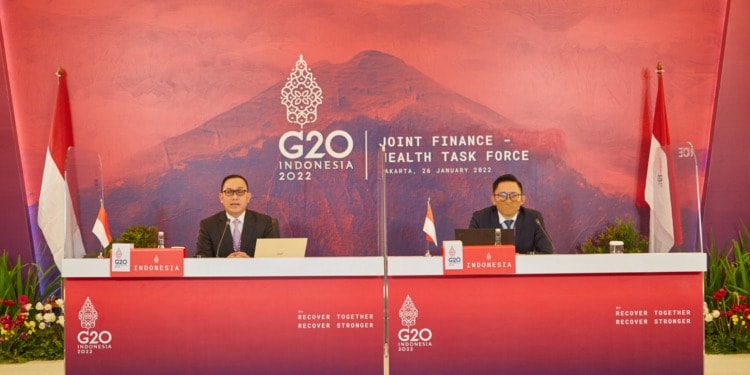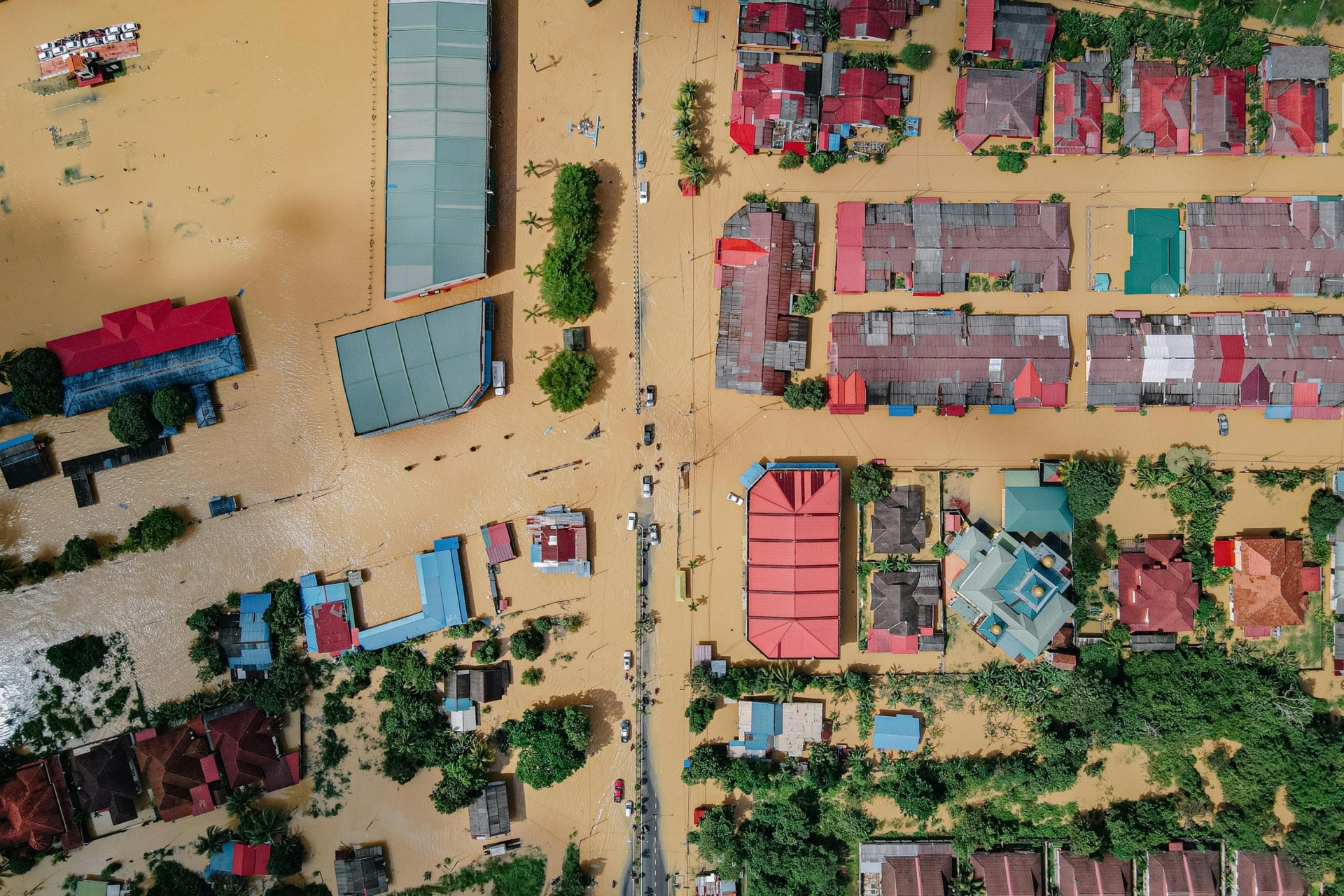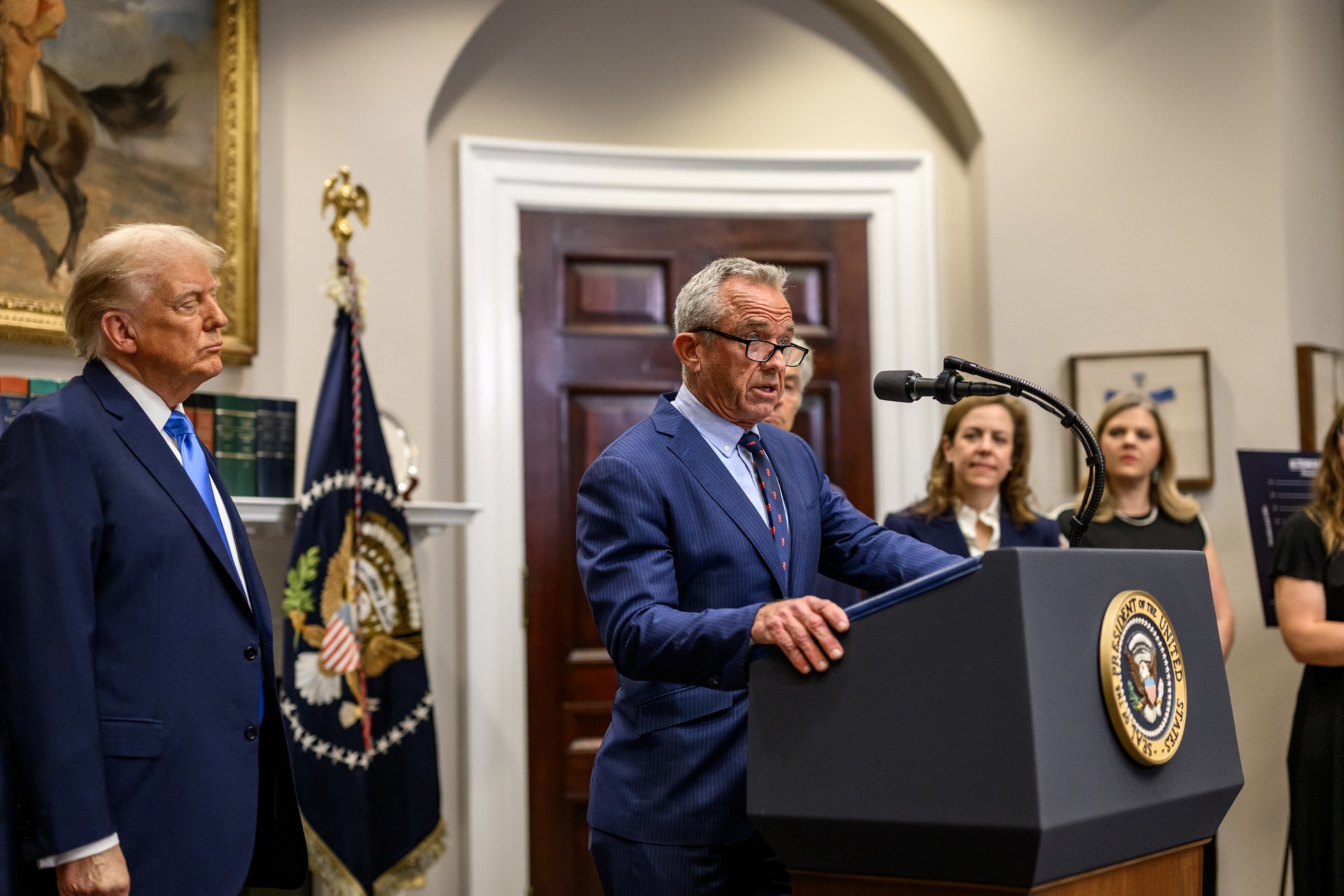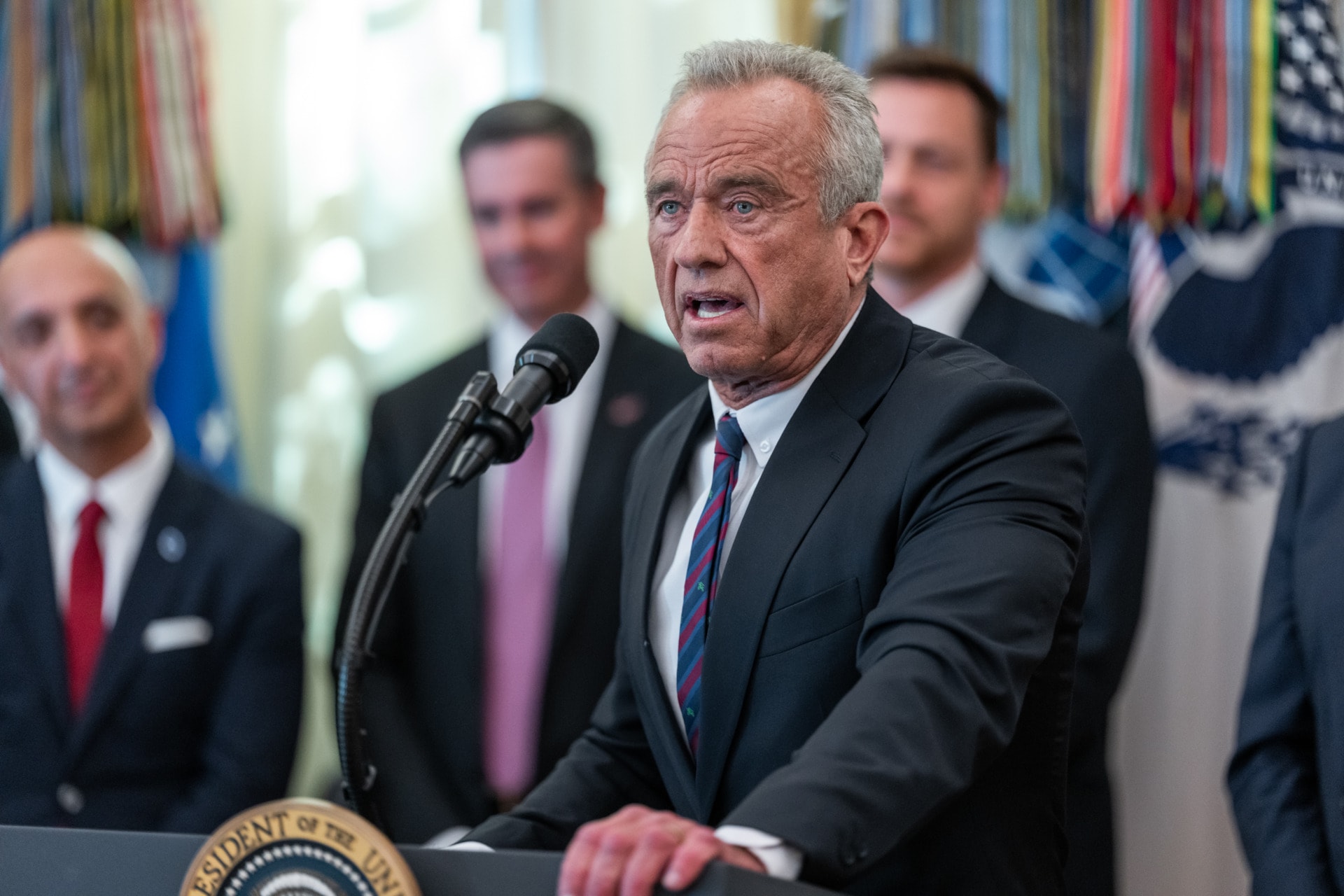The COVID-19 situation, tragic as it is, is still not under control. We have addressed the immediate problems, and in some countries better than in others, but we haven’t come to terms yet on how to tackle the long-term ones, specifically, how best to address the next pandemic when it comes. Because it’s not “if it comes”: That there will be another pandemic after this one, and yet another afterward, and so on, is a certainty.
I am arguing here that we do have the beginning of an answer but we need more than government and international bodies’ engagement. We need those who produce goods and provide services to treat infectious diseases as a huge business risk to actively join in efforts to prevent, prepare and respond to the next outbreak as a priority now.
The current situation with the Covid pandemic
In virtually every country their people, economy, commerce, workforce availability, in essence, all economic activity, has been deeply undermined by the Covid pandemic. The World Health Organization (WHO) increased its global death toll estimates from the coronavirus pandemic to a total of about 15 million by the end of 2021, more than doubling the earlier official total of six million reported by countries.
A major increase to be sure, but good reasons to think that even this increase is far from the full story because of the lack of death registries and reliable reporting from many countries.
And, in all likelihood, the Covid pandemic is, unfortunately, not over yet, not even in the United States:
The IMF’s World Economic Outlook (IMF 2022) estimated the cumulative output loss from the pandemic through 2024 to be about US$13.8 trillion.
These staggering, damaging amounts had not been anticipated in 2020 when this novel virus first appeared. Our collective response has largely been to look to human health fixes, in the development and provision of vaccines and post-infection treatment.
With the rapidly advancing and application of new technologies now available, we have been able to dramatically reduce COVID mortality. We have had some success in transmission containment by ratcheting up such things as mask mandates, social distancing, and in some cases, total lockdowns.
That said, the extent to which vaccines, treatment, and human transmission containment measures either reach or are widely accepted in low- and middle-income countries and by populations anywhere, varies considerably and is often significantly limited.
As a result, the direct and indirect financial and human costs, whether for research, development and delivery, effect on supply and demand, or human resources are astronomical. And perhaps equally unsettling, we are realizing that with the COVID pandemic, and even with the availability of vaccines and treatment we are in unchartered territory in terms understanding the short and long term health effects of having had COVID.
Needed are Broader Approaches, More Money, and Active Private Sector Engagement
Individual countries, regions, and the international community have increasingly recognized that a solely human health effort is not likely to be effective for COVID, or the next pandemic: Therefore, there must be a better way and they are turning to One Health.
A sign of such progress is that while it has taken some time to reach an agreement even on a definition, there is now consensus among four expert entities, namely WHO, FAO, UNEP, and the OIE, which is the following:
One Health is an integrated, unifying approach that aims to sustainably balance and optimize the health of people, animals, and ecosystems. It recognizes the health of humans, domestic and wild animals, plants, and the wider environment (including ecosystems) are closely linked and inter-dependent. The approach mobilizes multiple sectors, disciplines, and communities at varying levels of society to work together to foster well-being and tackle threats to health and ecosystems, while addressing the collective need for clean water, energy, and air; safe and nutritious food; taking action on climate change; and contributing to sustainable development.
Source: The One Health High-Level Expert Panel
At the intergovernmental level in 2021, in particular at the G20, a major forum for powerful economic and political countries, there was an emphasis on the need for finance and health to work together, and statements that recognized the value of One Health.
Hopefully, One Health will be integrated into the work of a joint Health and Finance Taskforce newly created under the G20 Italian Presidency.
The next G20 meeting will be hosted by Indonesia and will take place in November 2022 in Bali. But things are moving: already the Italian government (which hosted the G20 Summit in 2021) and the Italian business community (the Confindustria) organized on April 21 a digital event in the framework of the B20 with the aim to urge the G20 to strengthen the public health sector worldwide.
The B20 is the official G20 engagement group for the private sector and includes businesses with over 1,000 delegates from major global companies. Participants in this video meeting included Emma Marcegaglia, Chair of B20, the Italian Minister of Health Roberto Speranza and the Indonesian Minister of Health Budi Gunadi Sadikin. Here is what they said:
So where is the external money?
The best picture of external financing is contained in “A Proposed Financial Intermediary Fund (FIF) for Pandemic Prevention, Preparedness and Response Hosted by the World Bank” jointly prepared by WHO and the World Bank, which is now circulating for comment.
The document estimates that external financing amounting to an additional $10.5 billion per year, over the next five years, is needed for investments at the country, regional and global level to strengthen the capacity of low-income and middle-income countries.
It indicates there is a United States contribution of $450 million towards this proposed FIF; the European Commission has announced a contribution of $450 million; Germany has announced a contribution of Euros 50 million; and the Wellcome Trust has announced a contribution of GBP 10 million. Several other donors have also signaled their interest, but based on the projections, clearly much more is needed.
What is most reassuring is that one of its Focus Areas for Financing is the following:
“Strengthen country-level Prevention, Preparedness and Response (PPR) capacity by plugging capacity and capability gaps at country and local level in core domains listed by the International Health Regulations (2005) and the OIE International Standards, including: 1) disease surveillance; 2) laboratory systems; 3) emergency communication and management; 4) community engagement. Needs will be contextual and country-specific, and financing priorities would be based on country-driven assessment and coordination efforts and guided by the plans and priorities of beneficiaries and One Health principles.”
Note that while not bringing the global total of $10 billion for the first year – additional external pledges were made on May 12, 2022, at the U.S. White House Second COVID Summit which garnered new financial commitments totaling $3.2 billion above and beyond pledges made to date in 2022. This includes nearly $2.5 billion for COVID-19 and related response activities and $712 million in new commitments toward a new pandemic preparedness and global health security fund at the World Bank.
All told, the sums committed so far by major governments and international organizations, based on projections of estimated needs, $6.5 billion more is needed in the first year alone. Without these projected amounts, and not just for one year, the capacity to address future pandemic threats will be at risk. This is where the private sector comes in.
The private sector needs to get committed to One Health
Briefly explained above are the reasons COVID is now the latest infectious disease. Literally, COVID is the “canary in the coal mine” sounding the pandemic alarm, preceded by HIV/AIDS, H1N1, and SARs, each of which is simply terrible for local, national and global commerce.
Moreover, the international community and big-pocket financiers are getting involved with sizeable resources, and others are likely to do similarly in the future and that means external private sector investments exist and are available. That in turn translates into business opportunities.
One Health is like many past critical issues which were first known about by experts, some advocates, and even some governments; but realistically not accepted or adopted as a priority until the private sector – writ large – embraced the subject as its problem.
Once that happens, it generates forceful commitment, traction and action, which then translates in dedicated internal and external financial resources.
An important venue where such awareness can happen is the World Economic Forum. It has just ended its first person-to-person annual meeting in Davos in over two years.
As shown above, one panel was held, and it involved, inter alia, Bill Gates. But overall, this WEF meeting did not deal with One Health per se, but its next one takes place in January 2023, roughly in six months. At this next WEF meeting, One Health must be on the agenda, and seen as a major topic, not as an expression of “Corporate Social Responsibility,” but as integral to their core long-term business interests.
This would be a good start for the private sector to get actively engaged in planning and financing for pandemic prevention, preparedness and response. But WEF annual meetings are only one international forum. And, as we have seen above, there is also the B20 that works closely with the G20 and is capable of calling attention to health issues.
More broadly, when and wherever country, regional and national heads of corporations, investment funds, and private economists gather, coordinating with public sector partners should be high on their agenda. G7, G20 and other such meetings also need to continue to consider PPR and move from words to action.
Editor’s Note: The opinions expressed here by Impakter.com columnists are their own, not those of Impakter.com. — In the Featured Photo: The Ministry of Finance and Ministry of Health of Indonesia hosted virtually the 2nd G20 Joint Finance and Health Task Force (JFHTF) on January 26, 2022 (the first meeting was held on December 20th, 2021). Issues covered the enhancement of Finance and Health coordination, the establishment of the JHFTF secretariat, and the Global Health Financing Facility. The Finance and Health Ministries of the G20 countries agreed to work jointly with WHO and World Bank in order to increase cooperation in the health and financial fields. The results of the discussions were presented at the Finance Ministers and Central Bank Governors Meeting (FMCBG) on 17-18 February 2022 and G20 Health Ministers were invited. Source: G20 Indonesia website














